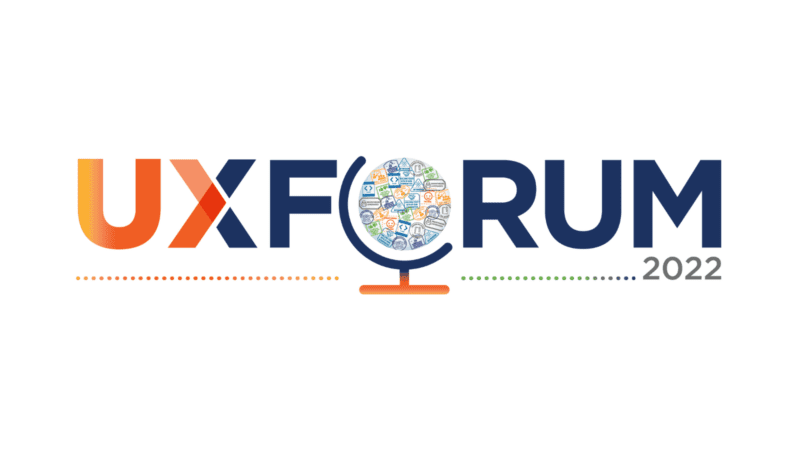Internews is hosting our third UXForum throughout this week (April 25-29)! The event is bringing together human rights defenders, digital security trainers, auditors, software developers, designers, and funders for a five-day program of over 30 community-led sessions exploring human-rights centered design in the open source privacy and security community. The online event will provide space for skill-building, networking, sharing best practices, and exploring opportunities for collaboration.
Highlights from Day 01 of the UXForum included:
Opening remarks from Internews’ Senior Director of Digital Rights and Digital Safety.
Four lightning talks covering learnings from a usability study of Tails in India, UX research on community networks, integrating board games into digital security training, and better understanding users in the land administration sector.
A meet-up for digital security trainers to share tips and strategies, talk about tools, and discuss how they keep themselves safe and healthy in their work.
A conversation about the design processes and how we could be more open to bringing more perspectives and skills to the table, crafting better solutions through sharing and learning.
An overview of Internews’ BASICS program to understand and support the needs of key open source privacy and security tools, whose maintenance teams are often under-resourced and over-burdened.
Key takeaways from the discussions included:
Breaking out of traditional methodologies can result in new and innovative solutions. Consider utilizing board games in your digital security training or mapping the user experiences of community networks instead of only individuals or formal organizations.
Intentionally make the time and space to connect with partners or training participants. Local context is critical when selecting the right security guides or tools. As trainers, it is important to prioritize initial assessments and to understand the real needs of users. Local trainers are best equipped to assess needs on the ground and help international organizations identify gaps which need to be addressed.
Open design can improve the overall quality of a project or resource and increase creativity. In many cases, there is a defined group of people or team working on a tool or project. By opening up the design process, you welcome fresh perspectives from the outside. Building and designing with community members results in learning for everyone involved.
We must design tools for low-bandwidth environments. While some tools function offline, this often means they operate with more limited features. People should not be forced to travel or take other extreme steps simply to access networks and conduct their work.
Check back here for a daily recap of UXForum learnings, and to learn more about Internews’ usability work, check out https://usable.tools/!
